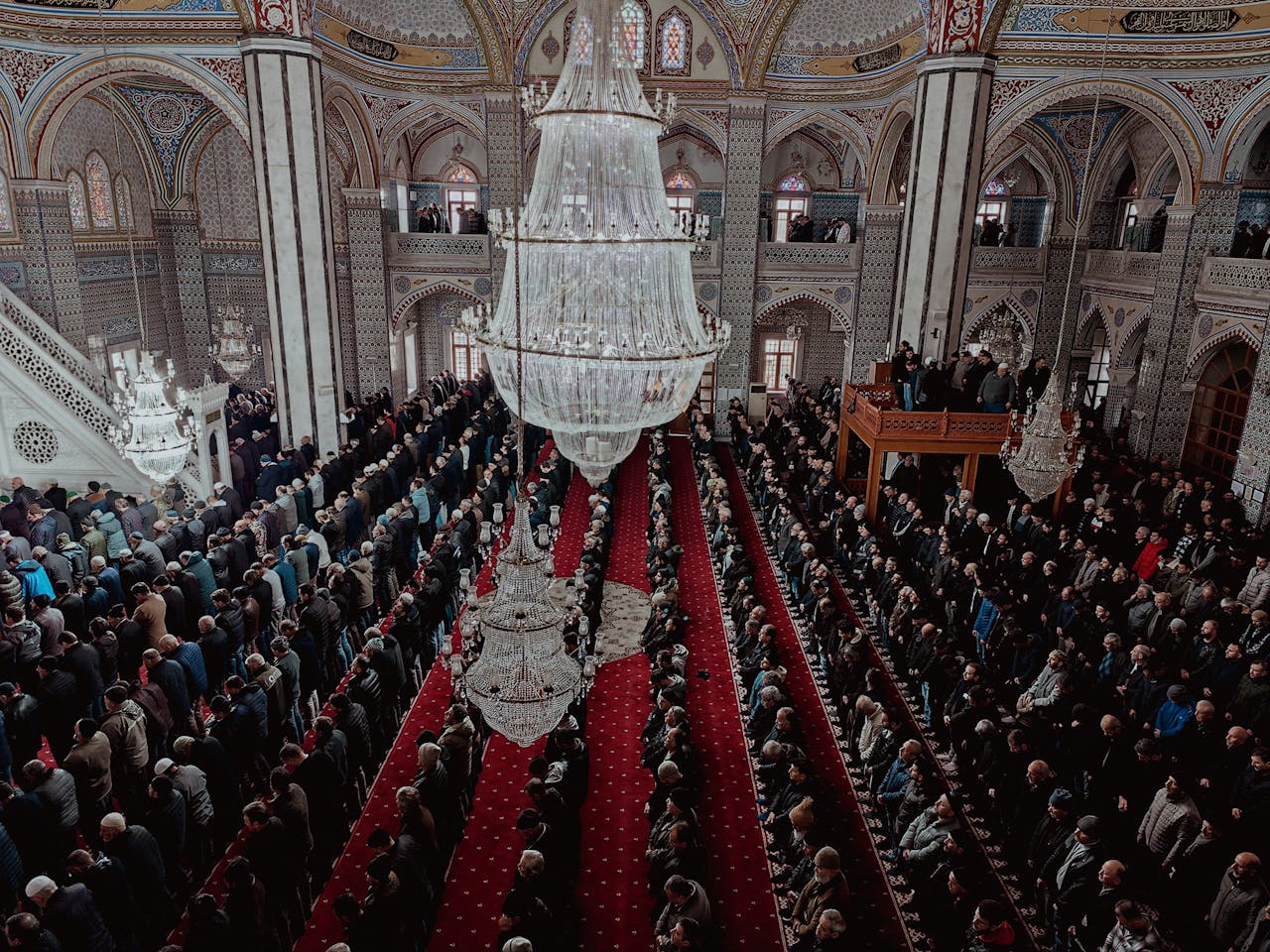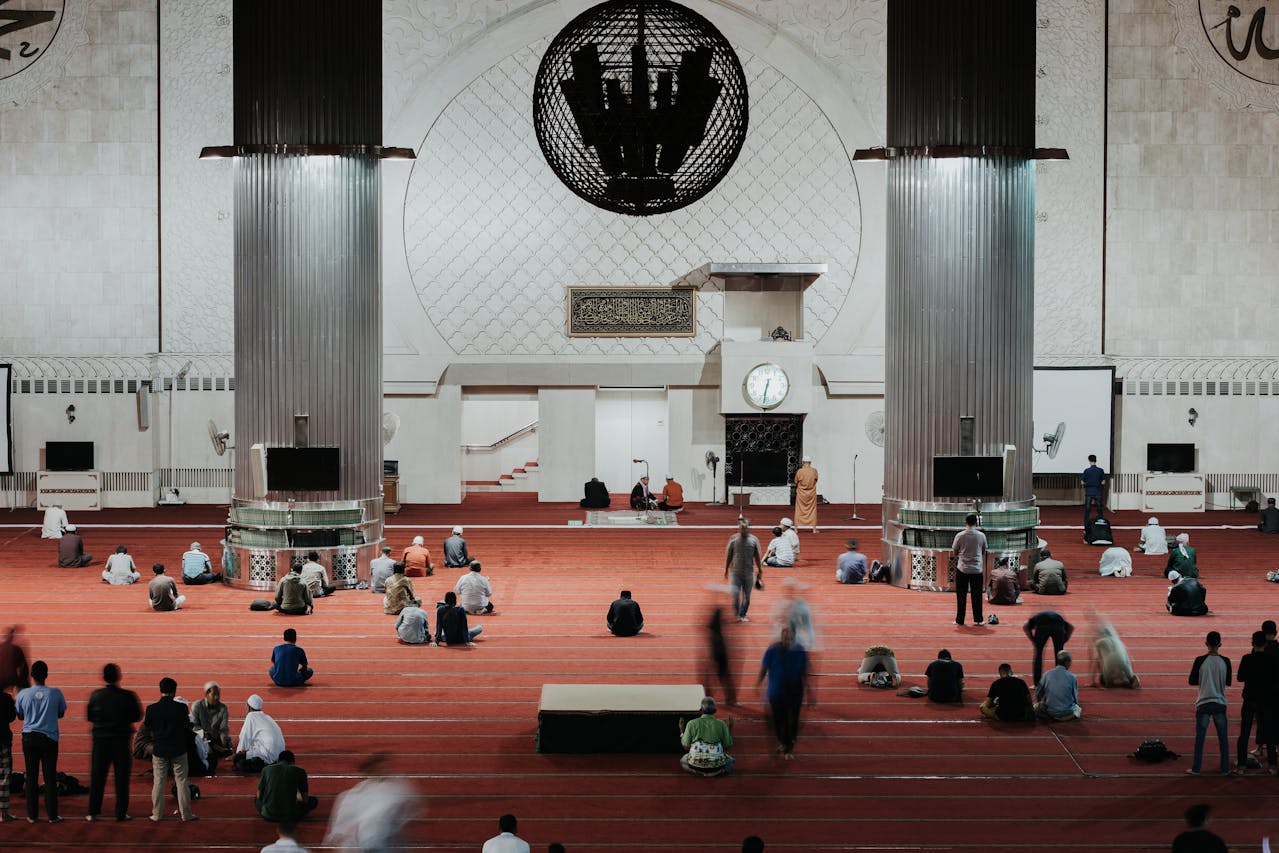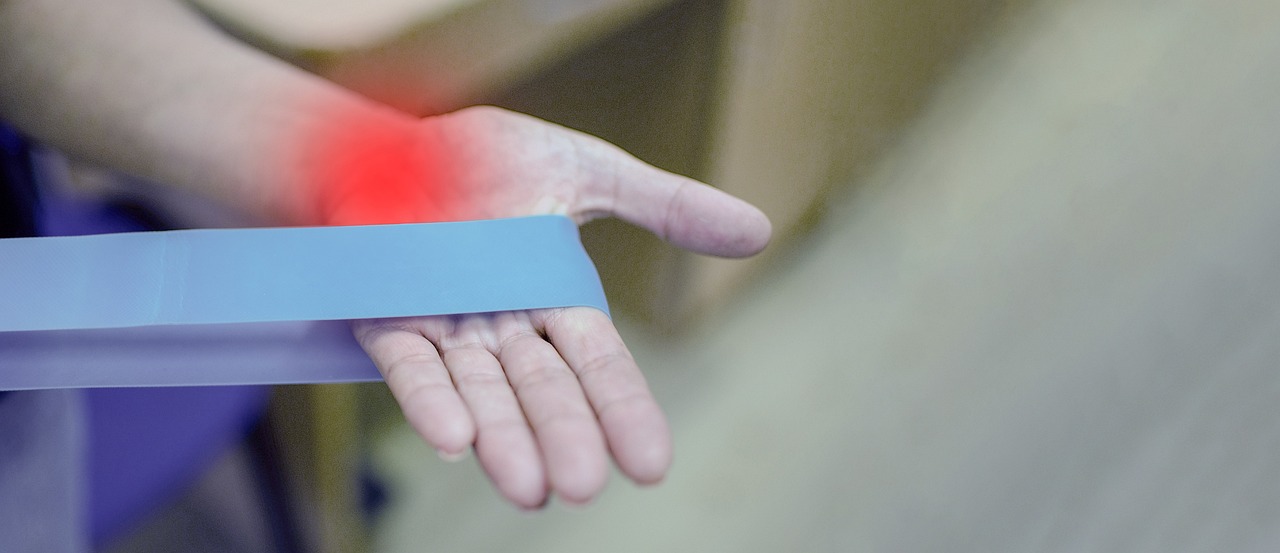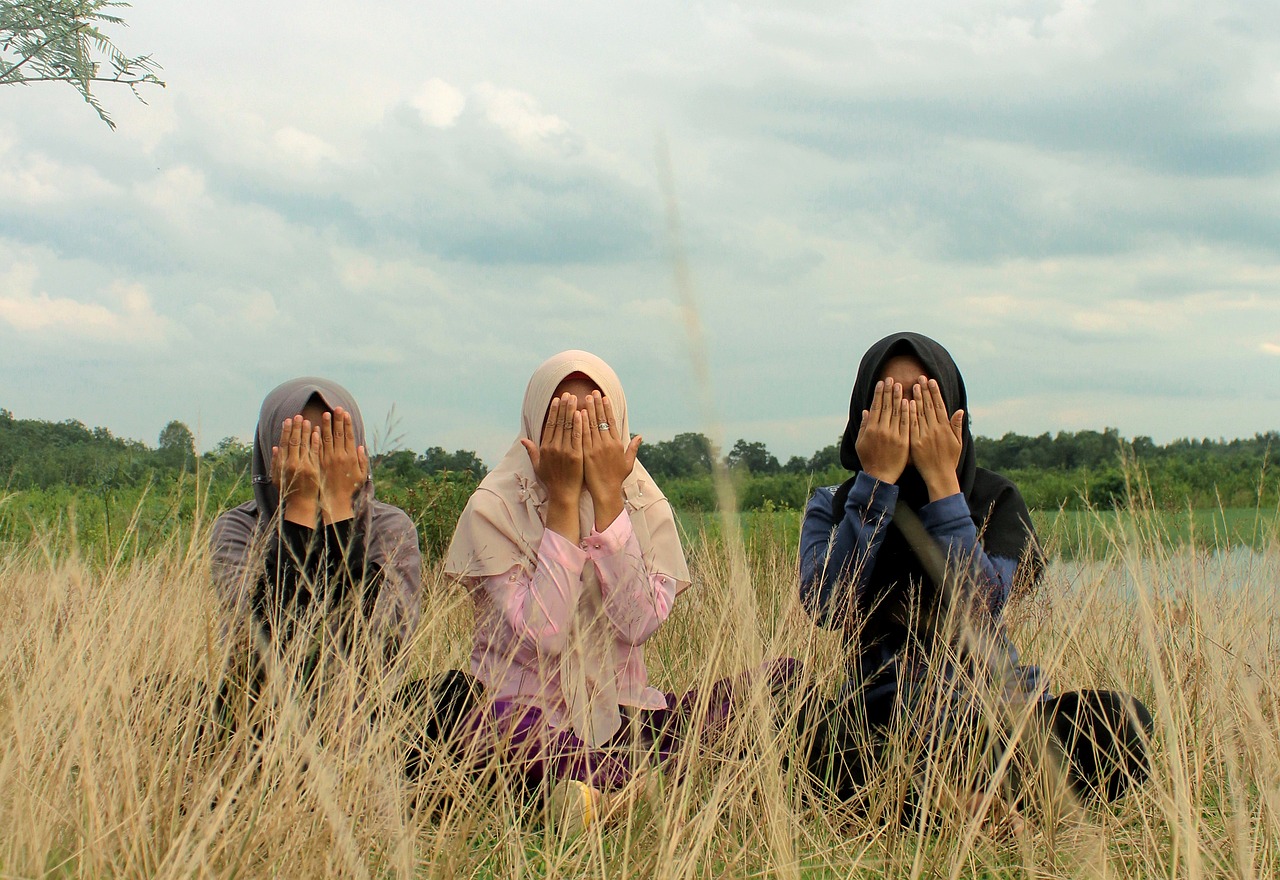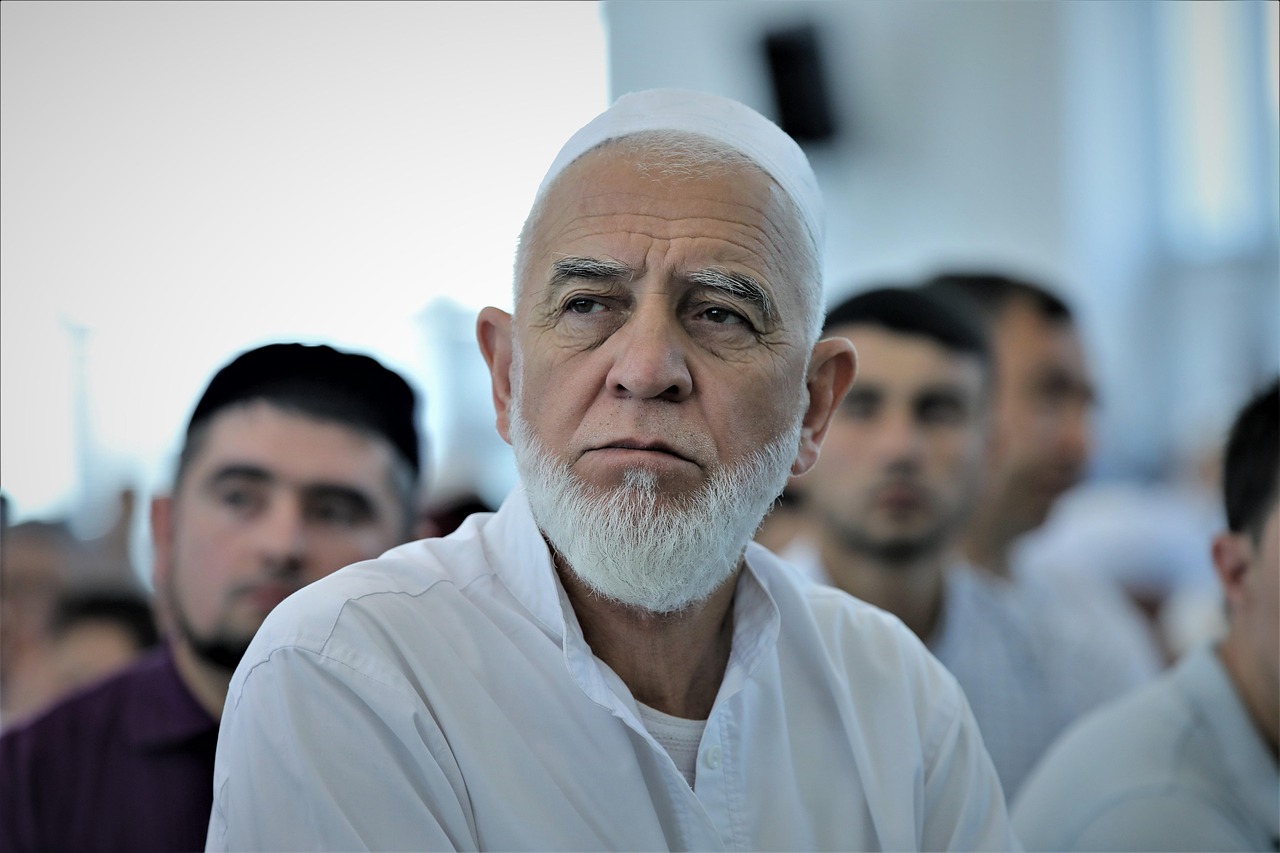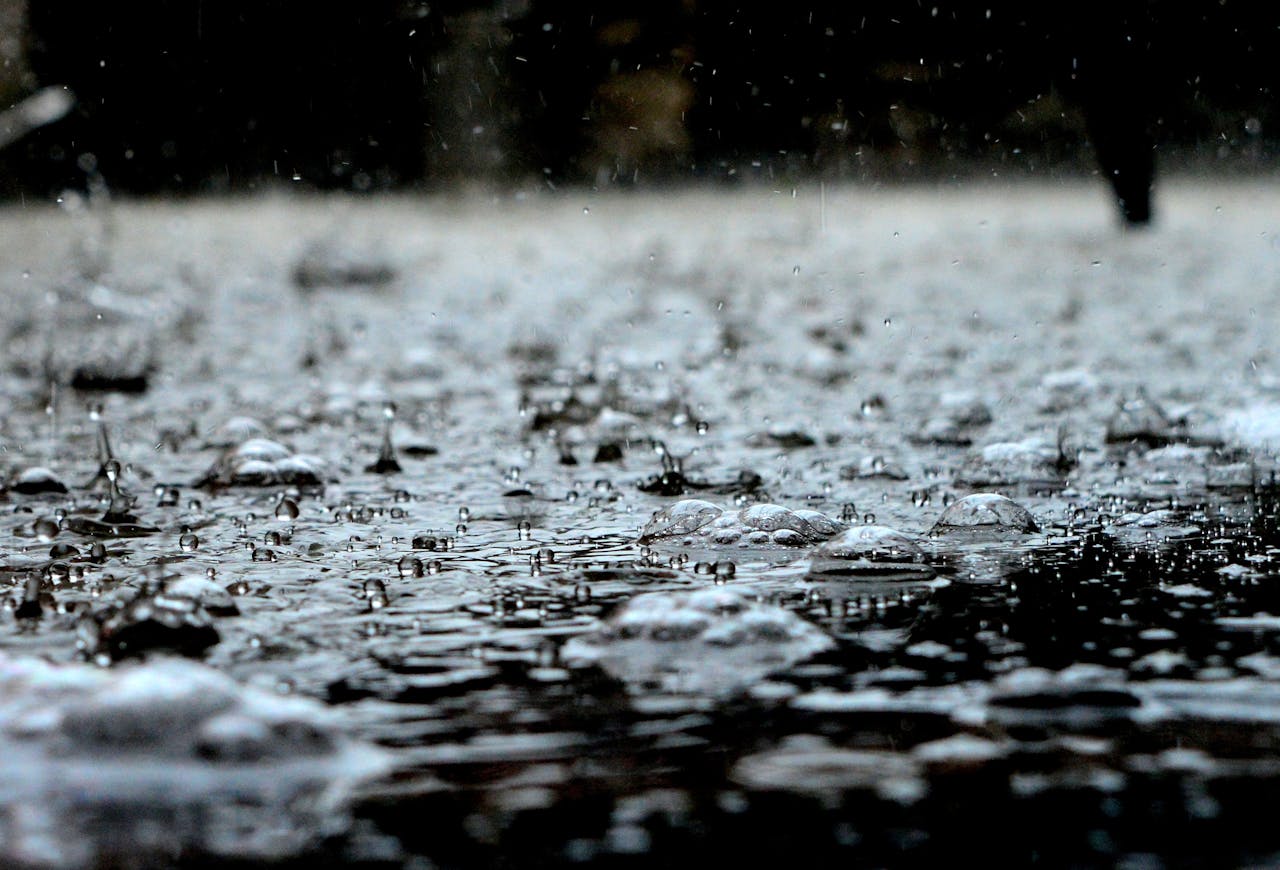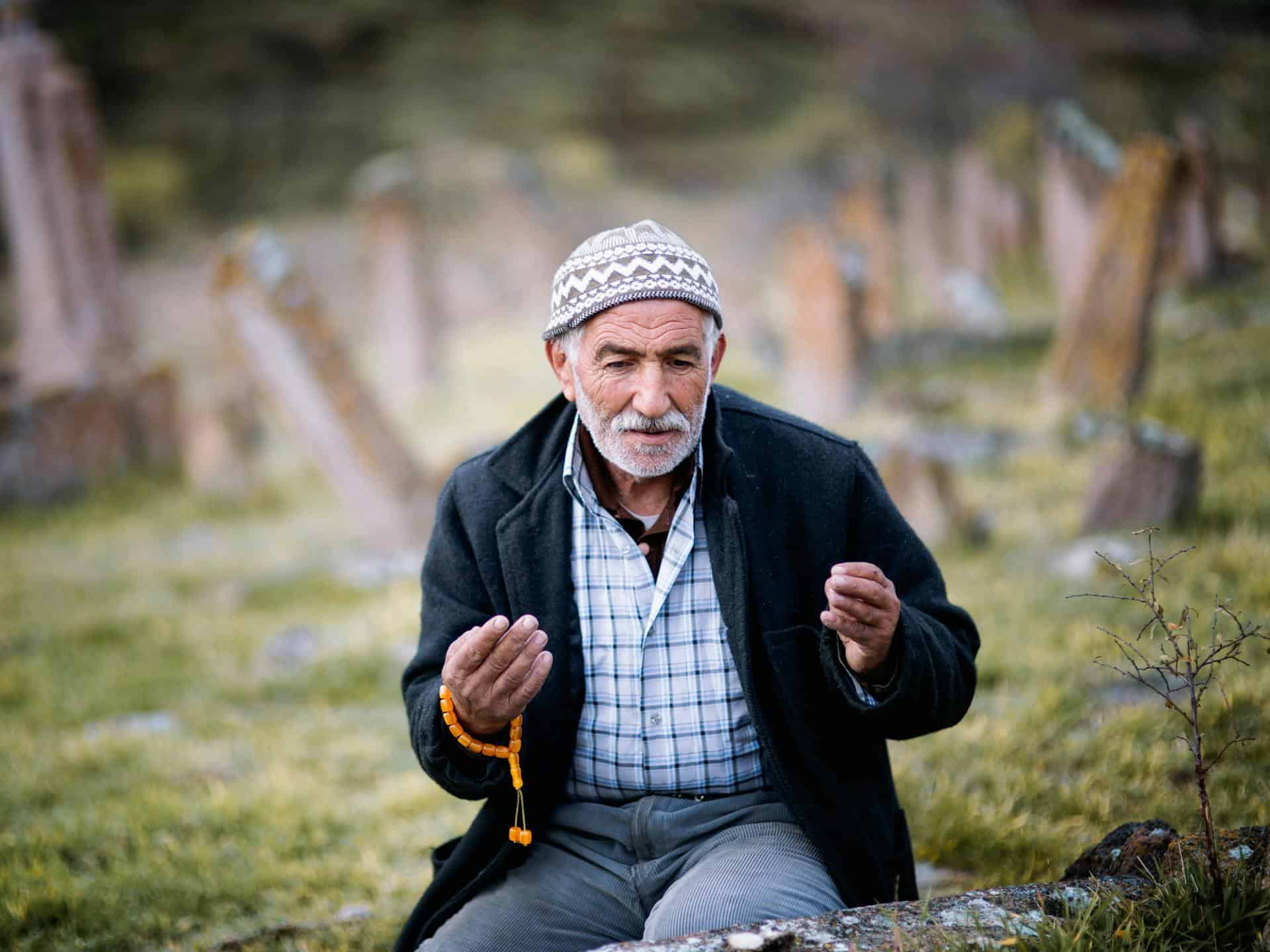Friday (Yawm al-Jumu’ah) is the most honored day of the week in Islam. It is a day of prayer, reflection, and divine closeness.
The Prophet Muhammad (صلى الله عليه وسلم) emphasized that Friday is a day filled with blessings, forgiveness, and special hours during which duas are accepted.
Muslims are encouraged to increase their worship, send peace and blessings upon the Prophet (صلى الله عليه وسلم), and ask Allah (سُبْحَانَهُ وَتَعَالَىٰ) for whatever they need.
This article includes authentic and powerful duas on Friday, focusing especially on the blessed time after Asr, along with related hadiths, dhikr, and frequently asked questions.
List of Powerful Duas on Friday
Below are selected duas from the Qur’an and Hadith that are especially meaningful to recite on Fridays.
These cover forgiveness, knowledge, peace, family, and mercy.
Translation: O Allah, make me among the people of Paradise.
Transliteration: Allahumma aj‘alni min ahlil-jannah
(Source: Sunan Abi Dawud 5079)
Translation: Our Lord! Forgive me, my parents, and the believers.
Transliteration: Rabbana ighfir li wa li-walidayya wa lil-mu’mineen
Source: Qur’an, Surah Ibrahim (14:41)
Translation: O Allah, I ask You for forgiveness and well-being.
Transliteration: Allahumma inni as’aluka al-‘afwa wal-‘afiyah
Source: Sunan Abi Dawud 5074
Translation: My Lord, increase me in knowledge.
Transliteration: Rabbi zidni ‘ilma
Source: Qur’an, Surah Taha (20:114)
These duas can be repeated throughout the day, especially between Fajr and Maghrib. Try to recite with focus and a clean heart.
Dua for Friday After Asr
The time after Asr until Maghrib on Friday is mentioned in many narrations as the hour during which duas are most likely to be accepted.
Translation: O Allah, make the best part of my life its end, the best of my deeds the last ones, and the best of my days the day I meet You.
Transliteration: Allahumma aj‘al khayra ‘umri akhirahu, wa khayra ‘amali khawatimahu, wa khayra ayyami yawma alqaka
Translation: O Allah, forgive me, my parents, and all Muslim men and women.
Transliteration: Allahumma ighfir li, wa li-walidayya, wa lil-muslimeena wal-muslimaat
You can recite these quietly after completing your Friday tasbeeh after Asr.
Hadiths About Friday and Prayer Times
There are several authentic hadiths that highlight the status of Friday and the value of making dua during this blessed day.
For instance, here is a hadith as narrated by Abu Huraira:
Source: Sahih Muslim 854a
This hadith reminds us of Friday’s significance since many key events happened on this day, including Adam’s creation.
Source: Sahih al-Bukhari 935
This hadith strongly encourages making supplication on Fridays, especially during the last hour of the day.
Source: Sunan Abi Dawud 1047
Sending salawat (peace and blessings) upon the Prophet (صلى الله عليه وسلم) on Friday is a special act of love and reward.
Are All Duas and Prayers Accepted on Friday?
The Prophet Muhammad (صلى الله عليه وسلم) said there is an hour on Friday when every sincere dua is accepted.
Many scholars, including Imam Ahmad and Ibn Qayyim, said this hour is likely between Asr and Maghrib.
While not every dua is accepted immediately, no sincere dua is wasted. Sometimes, Allah (سُبْحَانَهُ وَتَعَالَىٰ) delays an answer for our benefit or rewards us in ways we do not expect.
So yes, there is a time when all duas may be accepted, especially if you are humble, persistent, and your heart is attached to Allah (سُبْحَانَهُ وَتَعَالَىٰ).
Virtues of Friday
Friday is not just any day. Its virtues are unique and confirmed in the Qur’an and Sunnah.
- It is the day of congregation and Jumu’ah prayer, replacing Dhuhr for men.
- The Surah Al-Kahf is recommended to be read every Friday. (Sahih al-Jami’ 6470)
- Sending salawat on the Prophet (صلى الله عليه وسلم) brings multiplied blessings.
- Duas made on this day are more likely to be accepted, especially in the last hour.
- Friday washes away sins between one week and the next. (Sahih Muslim)
This is a day to focus on your spiritual life. Clear your heart, pray sincerely, and reflect on your week.
Dhikr on Friday
Dhikr is remembrance of Allah (سُبْحَانَهُ وَتَعَالَىٰ). On Friday, it is especially rewarding. Repeat these throughout the day and evening:
- SubhanAllah (سُبْحَانَ اللَّهِ): Glory be to Allah
- Alhamdulillah (الْـحَمْدُ لِلَّهِ): All praise is due to Allah
- La ilaha illallah (لَا إِلَٰهَ إِلَّا اللَّهُ): There is no god but Allah
- Allahu Akbar (اللَّهُ أَكْبَرُ): Allah is the Greatest
- Allahumma salli ‘ala Muhammad (اللَّهُمَّ صَلِّ عَلَى مُحَمَّدٍ): O Allah, send peace and blessings upon Muhammad
This day is also a good time to reflect on your dhikr habits. You should also suggest your family and loved ones to engage in dhikr together after Jumu’ah or before Maghrib on Friday nights.
Frequently Asked Questions (FAQs) About Friday Duas
Summary – Friday Duas
Friday is a gift from Allah (سُبْحَانَهُ وَتَعَالَىٰ). It is the most special day of the week and holds moments of mercy and acceptance.
We can benefit from this day in countless ways through our prayers, reflection, and remembering Allah (سُبْحَانَهُ وَتَعَالَىٰ).
Make time for Jumu’ah prayer, read Surah Al-Kahf, repeat dhikr, and send salawat to the Prophet (صلى الله عليه وسلم).
In the last hour of the day, after Asr, be still and sincere. Turn your heart to Allah and ask Him for what you need.
Whether you seek peace, guidance, help for your family, or forgiveness, raise your hands and speak directly to your Creator.
Recite the Friday tasbeeh after Asr, and keep in mind that even the shortest dua, when made sincerely, is beautiful in the sight of Allah (سُبْحَانَهُ وَتَعَالَىٰ).
May your Fridays be filled with light, acceptance, as well as peace. Ameen.



